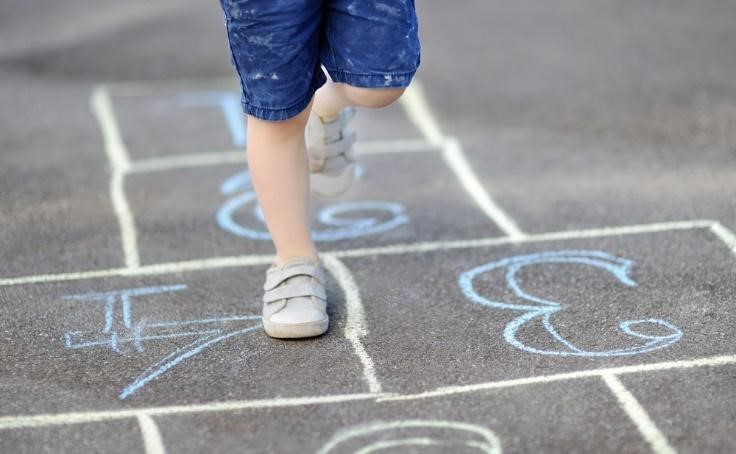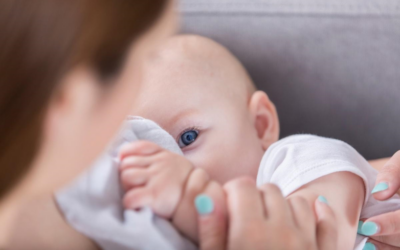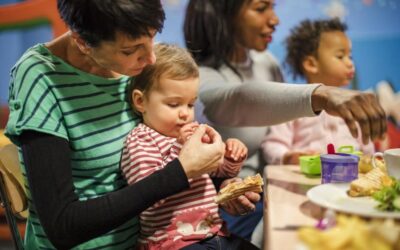Encourage children to participate in active play with the following suggestions
Promoting physical activity is important in early childhood. Not only do young children have a lot of extra energy to burn off, but physical activity can also have a positive impact on the development of motor skills and social skills, among other areas of growth.
Encouraging children to be active during early childhood provides a solid foundation for fitness and movement for fun that can have lifelong health benefits for the children in your care. It can also contribute to a sense of confidence, a willingness to try new things, and an appreciation for good health.
Incorporate physical activity into the daily routine of your child care program and introduce children to the joys of being active while building strength and coordination.
Activity ideas that include movement
Active play is critical to the physical, social, and emotional development of young children. Physical activity helps improve concentration, problem-solving skills, cooperation, and coordination from an early age. It’s also just plain fun. Try the following activities to get children up and moving.
1. Puddle jumping
Read a story about a rainy day or do a weather-related activity and then head outside for some pretend puddle-jumping fun. Use blue sidewalk chalk to create a series of puddles varying in size and distance, and then encourage the children to jump from one puddle to the next.
2. Don’t touch the ground
For an activity that requires motor skills, hand-eye coordination, and working together, have the children stand next to each other in a circle. Gently toss a large balloon or beach ball and see how long they can keep it in the air before it touches the ground.
3. Animal acts
Inspire imagination and physical activity with a pretend safari, having the children pose as animals. Ask them to act like elephants, monkeys, lions, and more as they move and mimic different creatures.
4. Freeze dance
Get their feet moving and their ears working with an activity that requires movement along with careful listening. There’s something about music that creates high energy entertainment. Put on fun, child-friendly music with a fast tempo and dance together until the tunes stop, and then freeze in place until the music begins again.
5. Obstacle course
Perfect for rainy-day inside fun or an outdoor adventure, set up an obstacle course to challenge the children. Create a tunnel of chair legs, set down hula hoops to hop into, cones to maneuver around, and a masking tape tight rope to help children improve coordination and motor skills.
6. Simon Says
Classic games endure through the years for a reason, and Simon Says is one of those activities that withstands the test of time. This copycat game helps children learn patience, self-control, listening, and coordination as they follow the leader by copying their movements, but only after the words “Simon Says” are declared.
7. Bubble chase
There’s something magical about bubbles, and having a bubble machine on hand can keep children happily busy and active. Get the bubbles blowing and encourage children to chase, catch, or pop them to their hearts’ delight.
8. Free play
Last but not least, you really can’t beat unstructured free play. If you take children outside, they’ll usually take care of the physical activity component of the day without instructions, and it’s a great opportunity to practice social skills with their peers.
Young children are naturally active, and supporting their need to run, move, and play is good for everyone involved. Make time every day to encourage the children in your care to raise their heart rates while they enjoy themselves with physical activities. What may seem like simple fun now is actually setting them on the right path for a future of health and fitness.
The Virginia Infant & Toddler Specialist Network helps improve the quality of care for infants and toddlers through extensive resources, services, and education for caregivers. Learn more about how we can help you improve the standard of care.




